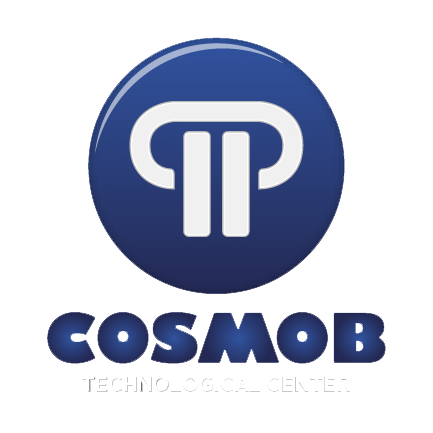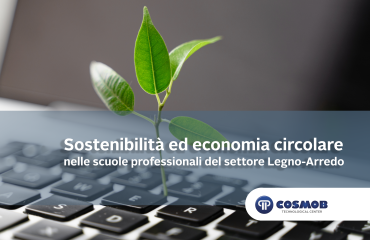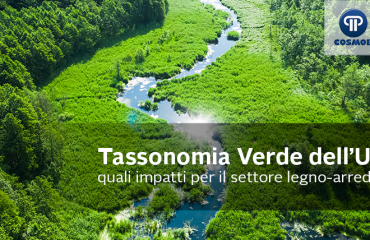The COSMOB International Research and Studies Centre has been cooperating with the Foresight Methodology for over 5 years, with the aim of forecasting future scenarios, understood as favorable contexts and necessary for the diffusion of new opportunities for enterprises inside a specific territory or productive section.
The metodology used is intendet to identify the most strategic aspects towards which to direct efforts in terms of technological innovation and more generally investments.
Foresight is aimed at productive contexts characterized by high uncertainty, associated with factors of instability such as economic crisis, climate change, pandemic, etc. for which a precise development plan involving companies, stakeholders and public bodies is drawn up in the form of final output. Underlying all this is a structured analysis of the technological level of companies and service providers, as well as the definition of possible future market scenarios that can be generated on the basis of highly relevant variables such as innovation and regulation.
This method, initially applied to the construction sector of Curitiba (Brazil), was subsequently extended to other sectors such as agro-industrial, fashion, boating and wood-furniture, involving a total of more than 400 companies and more than 100 stakeholders such as universities, research centres, laboratories, associations, training bodies, trade unions, etc. of international importance.
To date, thanks to the continuous collaboration with the international consulting company Conect and with institutions such as the SEBRAE (Brazilian service of support to small businesses), the methodology is used successfully within the industrial design sector of Curitiba, which since 2014 has become part of the network of Creative Cities of UNESCO and where just last November 5 was held the online event “Design for a Better World” presenting the results to local businesses.
The central objective of the initiative was to support companies to reposition themselves in new post-pandemic markets, highlight the key role of design in the development of innovative business models and sustainable solutions, through the use of renewable resources and circular processes.
In the first place, thanks to the involvement of numerous stakeholders, the strategic issues for the sector under analysis have been identified as Eco-Design, intended as an application of the principles of the circular economy throughout the life cycle of the product, starting from the design.
The project has had significant developments, up to the definition of an Innovation Plan for the Design Industry that will be implemented from this year and is aimed at achieving the following objectives:
- Creation of technological networks between companies and providers of innovative services, in order to encourage the spread of eco-design;
- Training on the theme of circular economy;
- Enhancement of the “Curitiba Cidade do Design” seal, as a concept of production quality.
Within this context, it is essential to disseminate a unified strategic vision, so that all stakeholders involved (companies, public and private bodies) can concentrate their efforts in achieving a clear and shared objective, or increase the competitive strength of design companies, in addition to strengthening the entire entrepreneurial ecosystem, also encouraging the creation of partnerships and opportunities on the Italy-Brazil axis.
Not only production contexts but also business contexts can replicate this methodology, which aims to provide a new forward-looking approach to the competitive development of large companies but also Smes.
COSMOB is able to provide you with support to undertake this path.
We plan the future together.
More about our engagement in Brazil
For further information:





